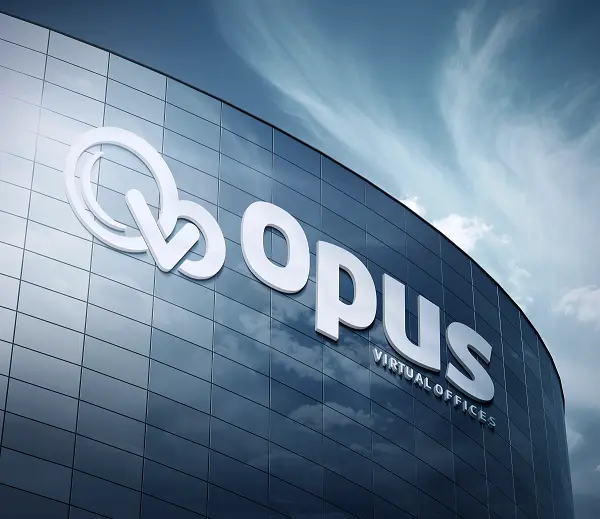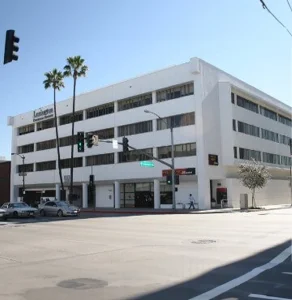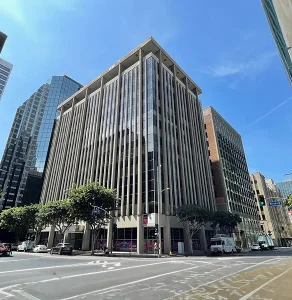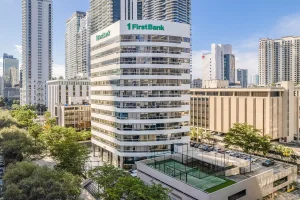Leasing vs. Buying a Car
A GUIDE FOR SMALL BUSINESS
For many small business owners, acquiring a vehicle becomes essential, whether at the beginning of their business journey or in the pursuit of expansion. The initial decision involves leasing or buying a car for business use. The primary distinction is that purchasing grants total ownership to the business, enabling customization and unlimited mileage. On the other hand, leasing offers the advantage of reduced monthly outlays.
To help make your decision, here is a list of key factors to consider before you make your decision.
Key Insights
The choice between leasing vs. buying a vehicle for your business hinges on several critical factors unique to each business. The best decision depends on your company’s current financial state, the vehicle’s primary purpose, and your desired level of ownership. For many, choosing a lease buyout may be the most balanced solution, benefiting long- and short-term scenarios.
Leasing vs. Buying at a Glance
| LEASING A CAR | BUYING A CAR | |
| PAYMENT | No downpayment, lower monthly payment. | Requires a down payment and a higher monthly payment. |
| MAINTENANCE | Usually included in the monthly payment. | The owner has to maintain the vehicle, including regular wear and tear. |
| MILEAGE | Limited unless additional mileage is purchased, creating additional expenses. | Unlimited |
| CUSTOMIZATION | Not permitted. | Owners choice. |
| TAX BENEFITS | Your mileage and part of your lease payment may be tax deductible. | Vehicle depreciation and mileage are tax deductible. |
Payments
Leasing or buying a car for your business depends on the initial financial investment. Purchasing a vehicle requires a considerable upfront payment, impacting business cash flow. Whereas leasing only requires consistent monthly payments.
Most small to medium-sized business owners can secure loans for outright purchases, leading to a higher monthly payment with a focus on interest before principal. Although purchasing affects short-term cash flow and limits further borrowing, it results in long-term value by adding a tangible asset to your balance sheet.
Leasing, however, requires lower monthly payments, enhancing immediate cash flow. This will allow you to drive a more expensive vehicle than you may have been able to afford otherwise. Take note that serial leasing may result in higher cumulative costs. In contrast, when a purchased car loan is complete, monthly payments cease, enhancing long-term value.
Maintenance
Vehicle maintenance differs when it comes to leasing vs. buying. Most car companies include vehicle maintenance in the lease agreement when you lease a car. In contrast, maintenance becomes the owner’s responsibility when you purchase a vehicle.
Mileage
This factor hinges on the intended use of the vehicle. Most car leases cap mileage at 15,000 miles per year, with the option to up it for an additional fee. If you go over the allotted mileage, you can end up with a hefty bill when you return the car. This is not a sticking point when you own the car. When you own your vehicle, there is no limit to the mileage.
Customization
Customization is usually done to a vehicle as a marketing tool. When you lease a vehicle, there are restrictions to customization because the car has to be surrendered in the same condition it was leased in. If you want to customize your vehicle, purchasing is the right decision.
Tax Benefits
The tax benefits for business vehicles vary. Purchased vehicles allow for deductions based on depreciation and mileage. Leased cars, however, only qualify for deductions on a portion of the lease payment and mileage, but not at the same time.
- Depreciation accounts for the vehicle’s value decrease over time due to usage and mileage.
- The standard rate, set by the IRS, allows deductions based on business miles driven, which must be initiated in the first year of the vehicle’s business use.
- Actual costs cover operating expenses, including fuel, oil, repairs, and either depreciation or lease payments.
Meticulous business mile tracking is crucial for tax deduction, as the IRS requires comprehensive documentation. Business mileage includes visiting customers, picking up supplies, or driving to meetings. It’s important to note that travel from home to your office is not included.
Which is Right for Your Business?
The decision to lease or buy a car for your company depends on the following:
- Available funds for the down payment
- Estimated annual mileage
- Intended amount of customization
- Potential for wear and tear
- The intended usage of the vehicle
Every business situation is different. There is no blanket rule as to what you should do as a small business owner. If you have the buying power or cash on reserve, buying a car will serve your business better in the long run. If you plan to put a lot of wear and tear on your vehicle, purchasing is the right decision.
On the other hand, leasing may be the better option if cash flow is limited. Leasing is also best for business owners who want to upgrade their vehicles every 3 to 5 years.
The Best of Both Worlds
Many leasing companies offer lease buyout options once the lease expires. This is a great way to keep your cash flow available during the lease while investing in a long-term asset. This is the smart choice for many companies just starting out, too. Whichever decision you choose, an informed decision is the best one. So, ask yourself your business goals and which option checks off your boxes.
Opus Virtual Offices
Opus Virtual Offices offers complete office solutions for small- to medium-sized businesses. With different service packages, you can decide how to run your company and expand your reach.


























